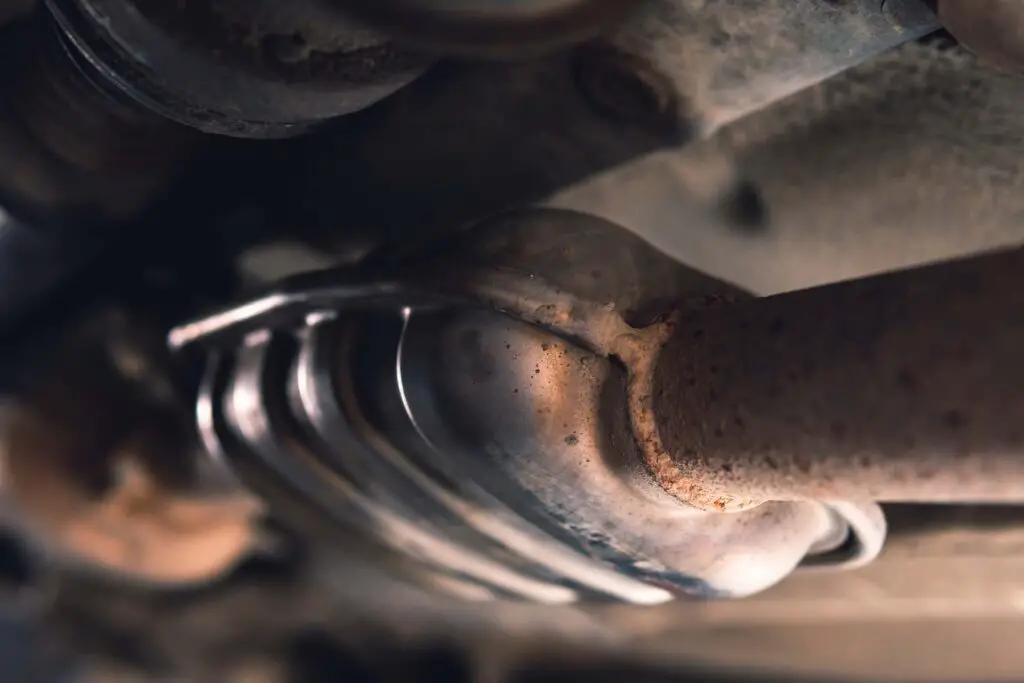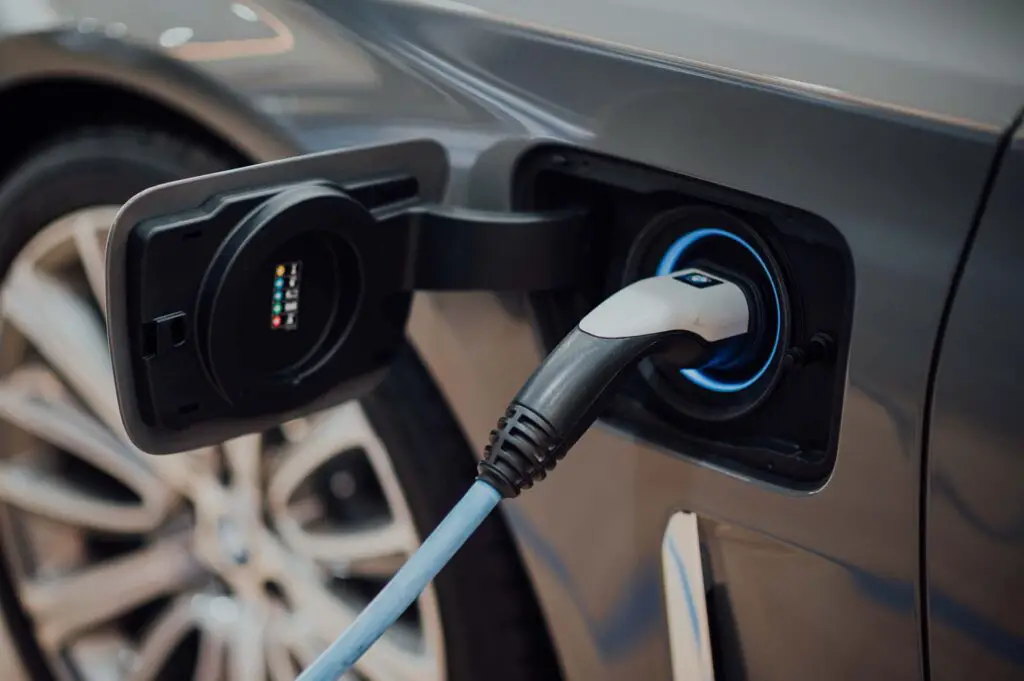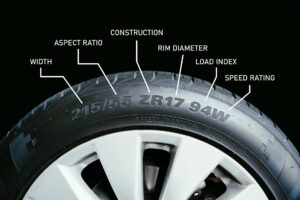The National Insurance Crime Bureau reported 3,389 catalytic converter thefts in 2019, and this number increased in 2020 by 325% to 14,433 cases, which clearly states that this type of theft is on the rise. But why are catalytic converters being stolen so much – and is there a way to prevent it? This article can help you learn all the answers you seek.
Catalytic converters are targeted due to the high value of precious metals they contain – which has skyrocketed in the last years. Additionally, in most cases, these car parts are highly accessible, which makes them easy targets for people who want to steal them. Luckily, there are ways you can reduce the chances of your converter being stolen by investing in anti-theft devices, installing an alarm system, and stamping the converter. Additionally, you should always try to park in more secure places with a lot of light and surveillance.
What Is a Catalytic Converter and What Is Its Function?
A catalytic converter is an emissions control device in a car’s exhaust system that reduces harmful pollutants in the exhaust gasses by converting them into less harmful substances through a chemical reaction. This car part is usually made of a ceramic or metal monolith substrate coated with precious metals such as platinum, palladium, and rhodium. These metals act as catalysts to facilitate the aforementioned chemical reaction.

Why Are Catalytic Converters Being Stolen From Cars?
You may be wondering, “Why are so many catalytic converters being stolen?” One of the most common reasons for thieves to steal this car part is precious metals. Keep in mind that the price of platinum, palladium, and rhodium has risen significantly over the years. Rhodium, for example, held an approximate price per ounce of around $1,600 back in 2001. In 2021, however, the average price of this precious metal rose to an amazing $18,000 per ounce. Today, it’s estimated at $13,000, which is still a high price.
Not only can catalytic converters be sold for a high profit, but precious metals can be recovered. It means that these converters maintain high monetary value, even as scrap. On average, thieves can get between $150 and $1,500 for a single catalytic converter, depending on their type.
The high price of this car part combined with the ease of accessing and removing it has made them a target for theft. Additionally, the increasing demand for these metals for use in various industries, such as the automotive and electronics sectors, has made stealing catalytic converters even more alluring for thieves.
Catalytic Converter Theft Laws – Can They Stop Thieves From Stealing This Car Part?
The number of catalytic converter thefts has risen over the years, which has made many state governments increase penalties for this type of crime, as well as pass more laws in order to have better control over auto parts recyclers. For example, Mississippi and Connecticut demand automotive parts recyclers to connect the catalytic converter to its original vehicle before trying to resell it. Connecticut, as well as California, requires detailed records from sellers for every transaction involving catalytic converters. Additionally, Mississippi has also raised penalties for all those caught stealing this car part.
There are not many states that don’t have laws regarding catalytic converter thefts. When it comes to pieces of legalization, Hawaii is the leader – it currently has sixteen of them. California, for example, is currently considering eleven pieces of legalization, while the government in Minnesota is considering fourteen.
This issue caught the attention of the federal government, as well. The Preventing Auto Recycling Theft (PART) Act, proposed by Ron Wyden (D-Ore.) and Amy Klobuchar (D-Minn.), would introduce federal criminal penalties for catalytic converter theft. By giving each converter a traceable identifying number and establishing this type of theft as a criminal offense, the PART Act should ensure that law enforcement can better combat these thefts.

Vehicles Most Likely to Be Targeted for Their Catalytic Converters
Trucks
Ford F-Series (1985-2021), one of the top-selling cars in the States, is the model most likely to have this car part stolen, not just among all the trucks, but among all cars in the States. Besides Ford F-Series, Chevrolet Silverado (1999-2021) and Ford Econoline are also likely to get targeted for their catalytic converters. Toyota Tacoma is high on the list, but mostly when it comes to the states in the West.
SUVs
The Jeep Patriot (2007-2017), Honda CR-V (1997-2020), and Chevrolet Equinox (2005-2021) are SUVs witnessing the most catalytic converter thefts. However, keep in mind that Subaru Forester (2008-2020) and Subaru Outback (2007-2020) are appealing to thieves in the northeastern and western parts of the States.
Cars
Honda Accord (1989-2020) is one of the most popular cars in the US, but also one of the most targeted cars for catalytic converter theft nationwide. It is followed by Toyota Camry (1987-2019) as well as Chrysler 200 (2011-2017). Nissan Altima, Chevy Cruze, and Dodge Avenger are all popular in the South, while Nissan Altima is often targeted in the Northeast as well.
Hybrids
Toyota Prius (2001-2021) has proven to be one of the most popular vehicles in the American market, but it also possesses a highly valuable catalytic converter due to the higher volume of precious metals it possesses (characteristic for hybrids) – which is why it’s likely to be targeted and stolen.
Why Are Some Vehicles More Targeted Than Others?
For many, catalytic converters are the last thing on their mind when buying a used car or a new vehicle. However, the make and the model you choose can significantly heighten or lessen the chances of you becoming a victim of this type of theft.
For example, SUVs and trucks, as the best vehicle for off-road driving, are designed with high clearance. While it may come in handy while you’re on a road trip around the country, keep in mind that it allows thieves to easily access your catalytic converter and steal it – for skilled thieves, it can be as simple as getting the gas out of a car. On the other hand, hybrids can have low ground clearance but can still be appealing to thieves because of the higher value of their catalytic converters.
Which Vehicles Are the Safest Options When It Comes to Catalytic Converter Theft?
You should look for a car that does not provide possible thieves with easy access, such as those that are designed with catalytic converters located further and closer to the engine. Audi, BMW, and VW, as well as some Hondas, are known to place catalytic converters out of easy reach. You can do some research to see where this part is located in the specific vehicle or examine it for yourself.
Additionally, you need to take the evolution of cars into consideration, as well. Cars manufactured before 1975 are at no risk of catalytic converters since they do not have them. These car parts became mandatory once the laws about harmful emissions got stricter. At the same time, modern electric vehicles do not produce emissions, so they are not in need of catalytic converters – they simply don’t have them. Diesel vehicles, on the other hand, use converters that do not have precious metals, which makes them less likely to be targeted.

Is There a Way to Prevent Catalytic Converter Theft?
As mentioned above, catalytic converter theft has been on the rise for some time now – but can it be prevented? Obviously, cars left parked in public places, such as parking lots or streets, are most at risk. The best way to keep your vehicle safe from catalytic converter theft is by keeping it parked in a secure garage or driveway overnight, if possible.
If neither of these is available, make sure that you park in an area with plenty of foot traffic and well-lit streets so that potential thieves have less opportunity to tamper with it without being noticed. Additionally, consider parking near security cameras which can help identify crime committers if they are ever caught on tape attempting to steal a catalytic converter.
Invest in Anti-theft Tools
One of the best ways to protect your catalytic converter is to add a physical barrier through which thieves need to cut in order to get to the car part they want. You can opt for tools such as:
- Straps,
- Cables,
- Clamps, or
- Shields.
If you don’t mind spending a little bit more in order to prevent catalytic converter theft, shields can be the best option for you. Shields are usually made from stainless steel or aluminum and are there to encase the converter. Not only that, but they usually come with security screws that cannot be removed with common tools.
Mark the Converter Itself
As mentioned earlier, many state governments, as well as the federal government, strive to put an end to catalytic converter thefts by adding laws and raising penalties. The PART Act suggests that catalytic converters should be stamped with the VIN (vehicle identification number).
However, until that action doesn’t become mandatory, keep in mind that nothing can stop you from marking the converter with your license plate number or VIN – do it on your own or ask your local mechanic. Without the transaction record, thieves wouldn’t be able to prove that the car part is not stolen, which is why many would give up stealing it in the first place. Not only that, but marking your converter with a traceable identifier can make it easier to recover if it gets stolen.
Install an Alarm System
Another great way to protect your car is by installing a car alarm system. Car alarms will alert you if someone attempts to tamper with your vehicle and may even deter would-be thieves from trying in the first place. When shopping for an alarm system, make sure that it includes motion sensors so that it can detect if someone is trying to move or lift your car.

If the Converter Does Get Stolen, Ensure You Have Good Insurance Coverage
So you wouldn’t need to cover the cost of a stolen catalytic converter from your own pocket, having car insurance is necessary. If you have good coverage, it’s more likely that your insurance company will cover the cost of replacing this car part. Remember, while you won’t need to pay extensive sums for the labor, catalytic converters can get pretty expensive. If you’re not sure whether your insurance provider is able to cover the cost in the case of catalytic converter theft, don’t hesitate to contact the company and inquire.

Protecting Your Catalytic Converter Is a Must – So Don’t Neglect It
Catalytic converters are important because they help reduce air pollution and ensure that cars don’t emit too much carbon dioxide into the atmosphere. Without a catalytic converter, your car will not pass emissions tests, meaning you won’t be able to legally drive on public roads, so do everything you can to preserve it and keep it intact. Fortunately, all you have to do is follow the tips mentioned in this article – and you will greatly reduce the chances of having to replace a missing catalytic converter in the near future.








